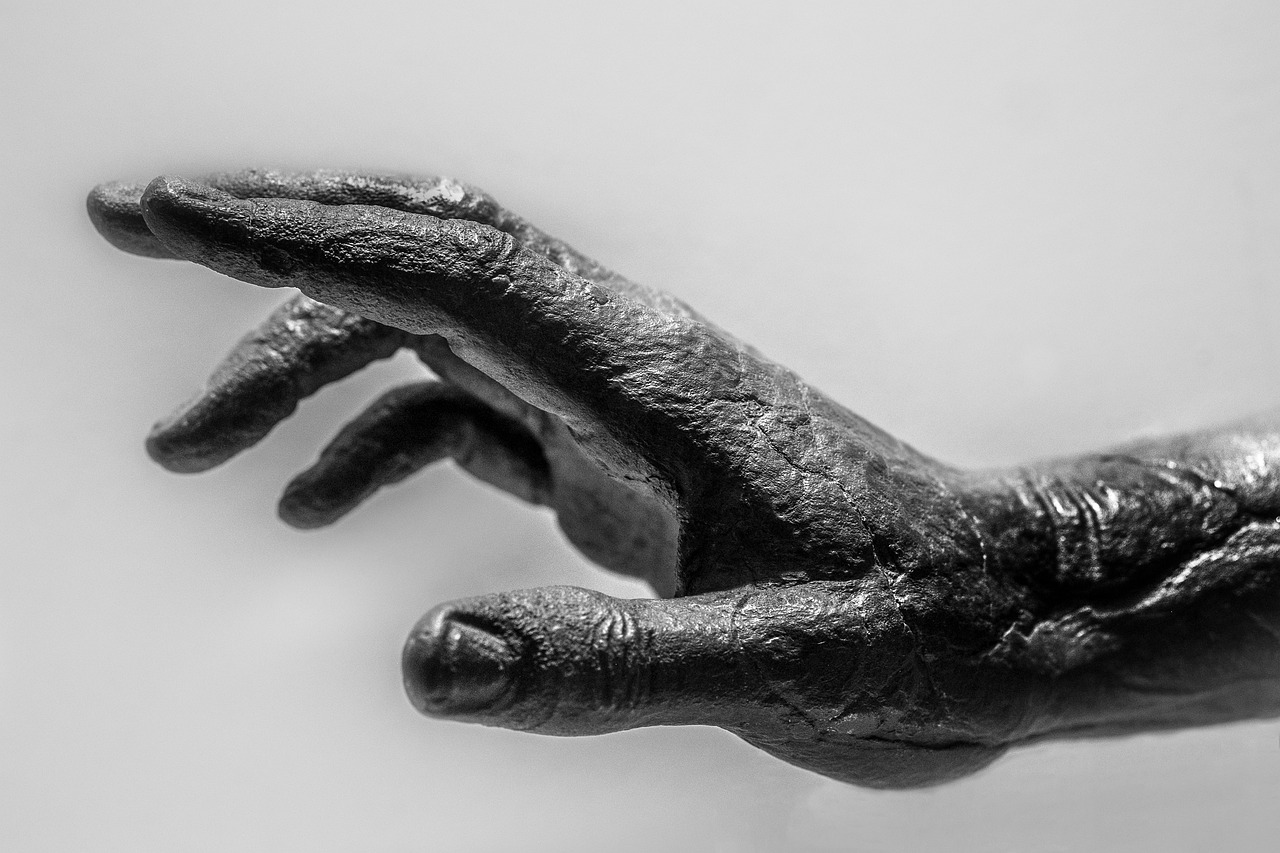As we’ve learned throughout our history of massage series, massage therapy has roots that stretch back thousands of years.
The continent of Europe is no exception. In fact, the origins of massage in ancient Greece have played a pivotal role in shaping modern therapeutic practices.
In this post, we’ll delve into the origins of massage in ancient Greece and how it was used to help Greek athletes. We’ll also share some fun facts about Ancient Greek medicine.
Let’s get started!
The Origin of Massage in Ancient Greece
Massage in ancient Greece was more than just a way to relax. It was a crucial element of Greek medicine and daily life.
Known as “anatripsis,” which translates to “rubbing” in Greek, massage was used to heal injuries, relieve pain, and promote health. The Greeks were introduced to massage therapy through their interaction with Egyptian and Asian cultures, which had long histories of bodywork for health purposes.
Hippocrates, the famed Greek physician often called the “Father of Medicine,” was one of the first to recognize the medical benefits of massage. He believed that rubbing could restore harmony to the body and improve circulation. Hippocrates promoted the idea that balanced energy flow was essential to good health, making massage a vital tool in his holistic approach to healing.
Massage for Greek Athletes
In ancient Greece, athletic prowess was highly valued, and athletes were treated with great respect.
Competitions such as the Olympic Games were not just sporting events but integral parts of Greek culture and religion. Greek athletes underwent rigorous physical training, and massage played a key role in preparing them for these grueling events.
Before competitions, athletes were massaged with olive oil, which was believed to provide flexibility, reduce the risk of injury, and increase endurance. This practice also helped warm up their muscles, ensuring they were loose and ready for intense activity. Post-competition, massage was used to relieve sore muscles, reduce stiffness, and promote faster recovery.
Trainers, known as “aleiptes,” would perform these massages and were considered experts in the art of body conditioning. They combined massage with herbal remedies and oils to enhance healing and performance.
For Greek athletes, massage wasn’t just a luxury. It was an essential part of their training regimen.
Fun Facts About Ancient Greek Medicine
- The Four Humors: Ancient Greek medicine was based on the belief that the body was made up of four humors—blood, phlegm, black bile, and yellow bile. It was believed that imbalances in these humors caused illness, and treatments like massage were used to restore balance.
- Olive Oil for Healing: Olive oil wasn’t just used in massages for athletes; it was also a common ingredient in many medicinal treatments. It was applied to the skin to promote healing, soothe irritation, and reduce inflammation. The Greeks considered it to be a gift from the gods.
- Exercise as Medicine: The Greeks viewed exercise as a fundamental part of maintaining health, often pairing it with massage for both prevention and treatment of diseases. Hippocrates famously said, “Walking is man’s best medicine,” advocating physical activity as a natural way to achieve well-being.
- Asclepius, God of Healing: In ancient Greek mythology, Asclepius was the god of medicine and healing. In temples dedicated to Asclepius, known as Asclepions, patients would receive treatments, including massage, baths, and herbal therapies.
Massage in Ancient Greece: Modern Traditions
Massage in ancient Greece was an integral part of health and wellness. It helped athletes stay at the peak of their game (pun intended) while treating common ailments and promoting overall well-being.
The Greek belief in the power of touch and their holistic approach to healing continues to influence modern massage therapy today. Swedish massage, sports massage, and other popular modalities can trace their origins back to the ancient Greeks.
Has it been a while since your last massage? Book a session at our Avon studio and experience these wonderful benefits for yourself!

